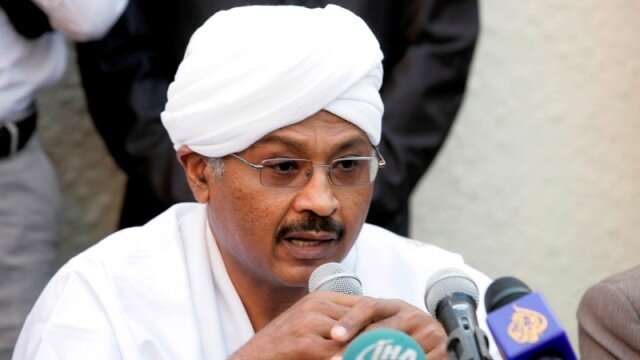
Khartoum (Iltaf Hassan Al-Jaili – SMC) – the first budget in the National Accord Government
will face several challenges on top of which is that it coincided with the US Administration Executive Order according to which the unilateral sanctions were lifted from Sudan a matter that requires more time to shift to a new economical stage.
The 2018 budget is facing enormous challenges, on top of which is the exemption of all the consumable commodities from taxations and custom duties.
The new financial policies are based on the stability of the exchange rate, increasing the production along with increasing the exportation in a short time.
It is recognized that this year’s budget was subject to through consultations among the political forces in the national accord government besides the participation of the private and public sector in setting the policies a matter that removed the fears which came to the surface especially in regard to the price hikes.
The observers of the economic conditions describe the new budget as encouraging considering that it availed big production opportunities in concentration on agriculture and industry.
According to economical expert and financial analyst, Dr. Abdallah Musa, who spoke to (SMC), the new budget has unprecedented positive signals as it is designed on financial and monetary policies to be adapted for the first time, adding that it bears good omens to the ordinary people towards improving their lives in terms of services along with heading towards integration in the international economy.
Musa affirmed that the executive body should work out a strict plan to control the exchange rate and the changes that will accompany the new policies and procedures, besides going ahead in getting loans and grants for production projects to increase the exportation, and the continuation of reducing the importation especially in regard to the commodities which could be provided locally to be able to achieve better GDP in the upcoming stage.
On the new policies and procedures accompanying the new budget Musa said that it removed all the fears which emerged before its endorsement.
The new budget included considerable reduction in national income taxation and local sugar production fees along with exemption of customs duties on the spare parts for transport vehicles and the cancellation of production inputs levies to encourage the local production.
To absorb the negative aspects of the customs exchange rate of the US dollar all the consumable commodities were exempted from the customs duties besides reducing the customs of the small vehicles from 40% to 10%.
It is definite that the policies adapted by the Finance Ministry and the Central Bank of Sudan were set in accordance to studied measures participated by all the related institutions. Those policies and procedures required more patience and time to overcome the dire economical situations.
According to the head of the NCP economic sector, Dr. Hassan Ahmed Taha, the new budget aims at achieving the highest growth rate to exceed 4%. This step did not happen in the history of budgets in the country.
He told (SMC) that the actual approach is to reduce the inflation from 34% to 19%, adding that the budget will remove the distortions of the Sudanese economy since 2003. He affirmed that the good omen of the new budget came as a result of the reconciliation amid the national accord government and the joint studies on the policies and procedures, pointing out that the exemption of the commodities from taxations and customs duties and supporting the production will contribute directly in the stability of the prices in the upcoming stage.
Economic experts and observers see that the new budget is objective but will face enormous challenges on top of which are the stability of exchange rate and the increase of production a matter that requires adapting the monetary policies and achieving the banking safety.
Those policies and procedures will lead to the control in exchange rate and bridging the gap in the trade balance along with supporting the exportation to pump foreign currencies to the treasury.
-
Daily Arabic Newspapers Headlines Saturday 6th January, 2017Next >

